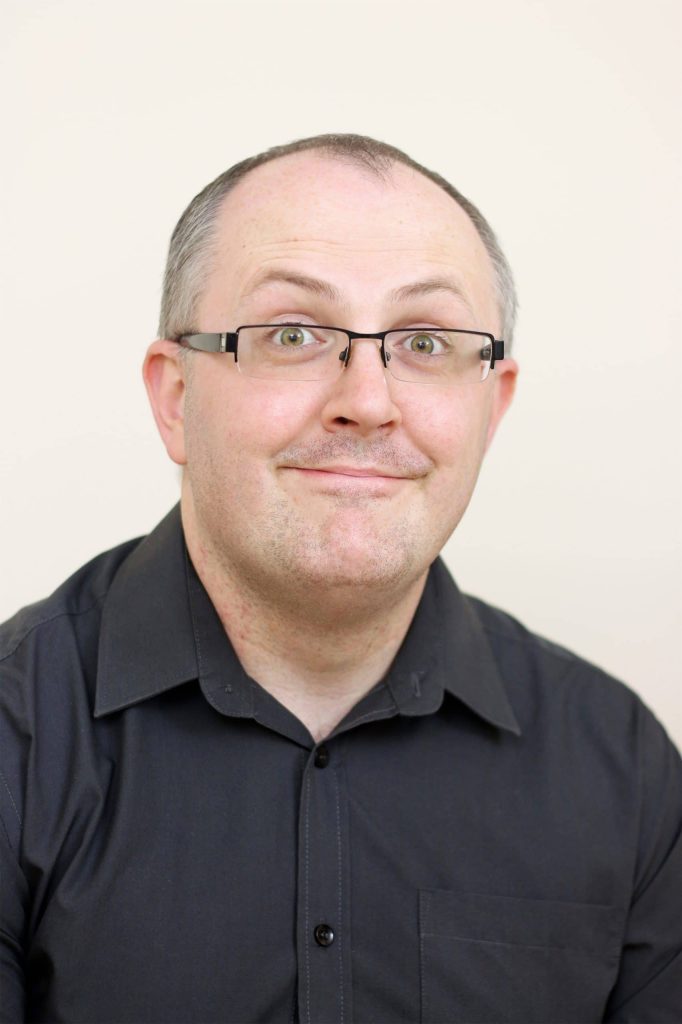
“There is light on the horizon for people who are addicted.”
Interview with neuroscientist Dean Burnett about addiction. Part 1.
Doctor Dean Burnett is a famous neuroscientist, lecturer, author, blogger, podcaster, pundit, science communicator and comedian. In his most recent book ‘Psycho-Logical. Why Mental Health Goes Wrong – and How to Make Sense of It’ a whole chapter is devoted to addiction. We had the unique opportunity to ask him a few questions about this topic.
What happens in the brain of someone who is addicted?
“At the most fundamental level it stems from the part of the brain, called the reward pathways. It is a small circuit where all pleasure comes from. Lots of things trigger that in various ways. For some reasons, that reaction is a bit too powerful with some persons, or they do not know how to control it. The ability to deny ourselves any pleasure is quite a skill. People cannot resist it and that is why they keep on doing the same thing that leads to that pleasurable experience. Because the brain is so adaptive, it changes in various ways. If the brain is experiencing a constant intense pleasure, that is not meant to be the case. You cannot function if that happens.
Also, your sense of self control and self-awareness become distorted to that point where the reward part has power over the higher part of the brain. We do not recognize that we have a problem, that our brain is distorted. This leads to a lot of the classic symptoms of addiction, like the lack of insight we have an addiction, or the fact that there are more important things in life than your addiction, like personal hygiene, a healthy lifestyle, maintaining your finances etc. All these things become secondary to the addiction. So, people who have an addiction, cannot stop themselves, because that part of the brain that gives them self-control, has been compromised by the addiction.”
Are there people who are more sensitive to addiction?
“Yes, there are people who have a vulnerability to addiction. Lots of different causes can lead to addiction. For example, people who have an unpleasant or stressful live. Another reason is your background, your upbringing. There are also genetic factors. Some people’s reward system in the brain is more sensitive to stimulation.
There are also people who have self-control issues or compulsion problems. The part of the brain that stops them from doing things that they enjoy, but that are not good for them, that part is not as developed, because of stressful live experiences for example.”
So, it is not easy to deal with addiction. What can you do about it yourself?
“That depends on who the person is. There is always help out there if you are willing to take it. There are several stages of change when it comes to addiction. The first one is from being in denial of addiction to acceptance that it exists. That is the most important step. Without that nothing is going to change. It is also a matter of doing what you can. Sometimes it is better to go from one packet of cigarettes a day to a half than to go cold turkey. It’s a safe and reliable way of making lasting changes.”
What advice can you give to primary care takers who treat persons suffering from an addiction?
‘They need to be aware of the cultural image of the addiction and how that can influence everyone’s life, because there are still many stereotypes about addiction. For example, until recently, one of the criteria of addiction was willingness to engage in criminal behavior. That is nonsense, because it automatically associates addicts with criminals. Those are not necessarily the same things at all.
You also need to be aware that addiction can happen to literally anyone. It does not necessarily have to be someone from a criminal area or an impoverished background. It can also happen to wealthy people, for example. That is something very important to keep in mind. It doesn’t mean when someone does not have a typical profile of an addict, that he or she is not one.
It is particularly hard for general practitioners to deal with addiction in a consultation that takes about 30 minutes. Especially when that person is in denial. It is a struggle anyway.”
Foto: Sarah Breeze.
Recente bijdragen
Is het gebruik van ADHD-medicatie nuttig en veilig bij kinderen?
Is het gebruik van ADHD-medicatie nuttig en veilig bij kinderen? Leestijd: 4 minuten. Dit artikel bevat algemene informatie en vervangt geen […]
Patrick en Peter verkennen mysterieus Erembodegem
Een wandeling met een magisch-realist in mysterieus Erembodegem Wat maakt Erembodegem zo mysterieus? De bomen, struiken en kronkelende paadjes in de […]
School en huiswerk voor kinderen met ADHD
School en huiswerk voor kinderen met ADHD Leestijd: 4-5 minuten. Dit artikel bevat algemene informatie en vervangt geen professioneel medisch advies. […]
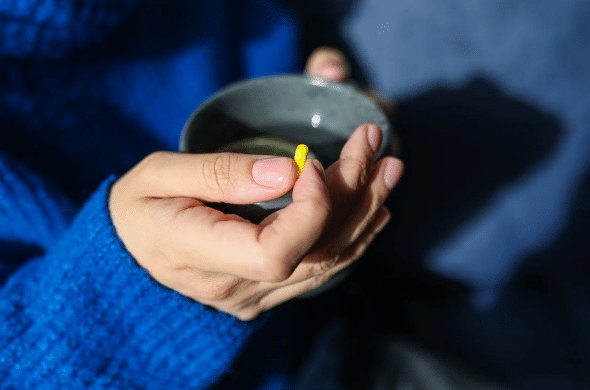

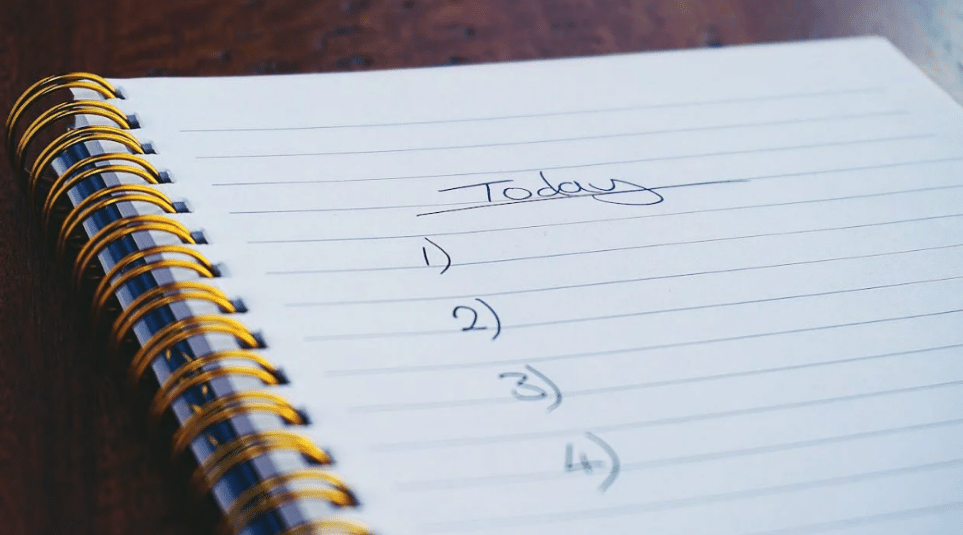
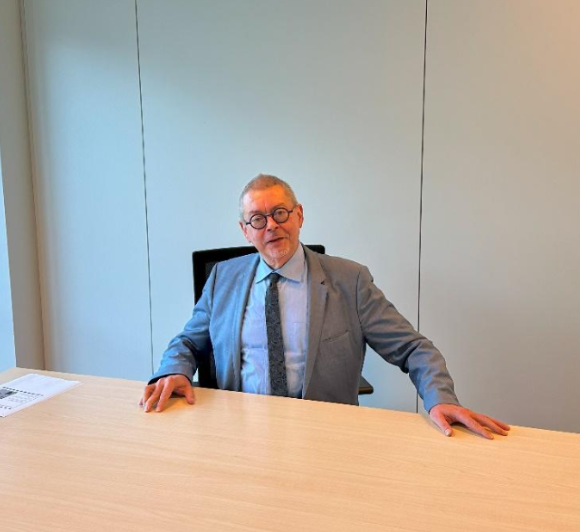
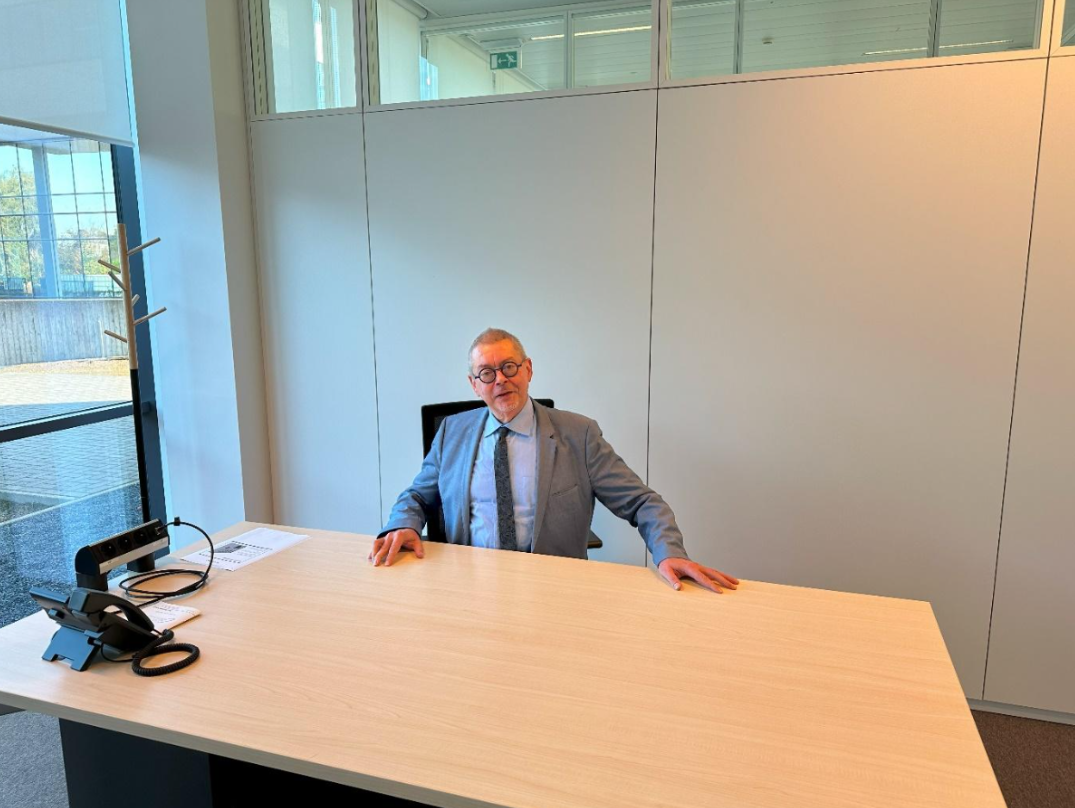
Er is nog geen commentaar geplaatst!